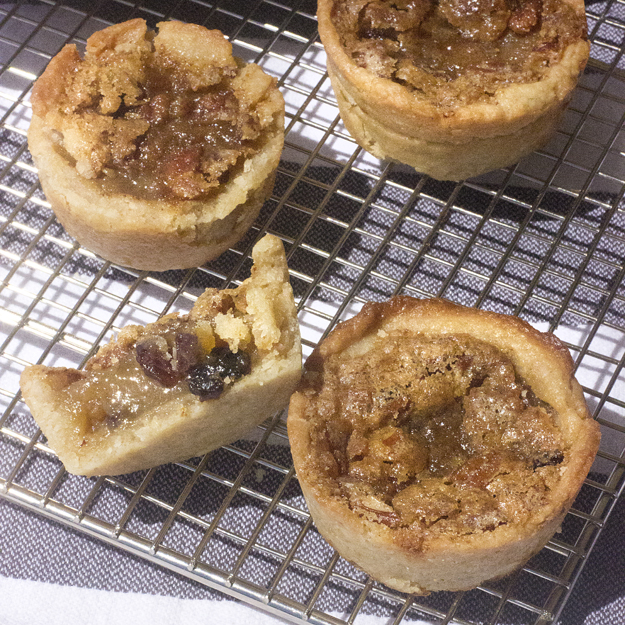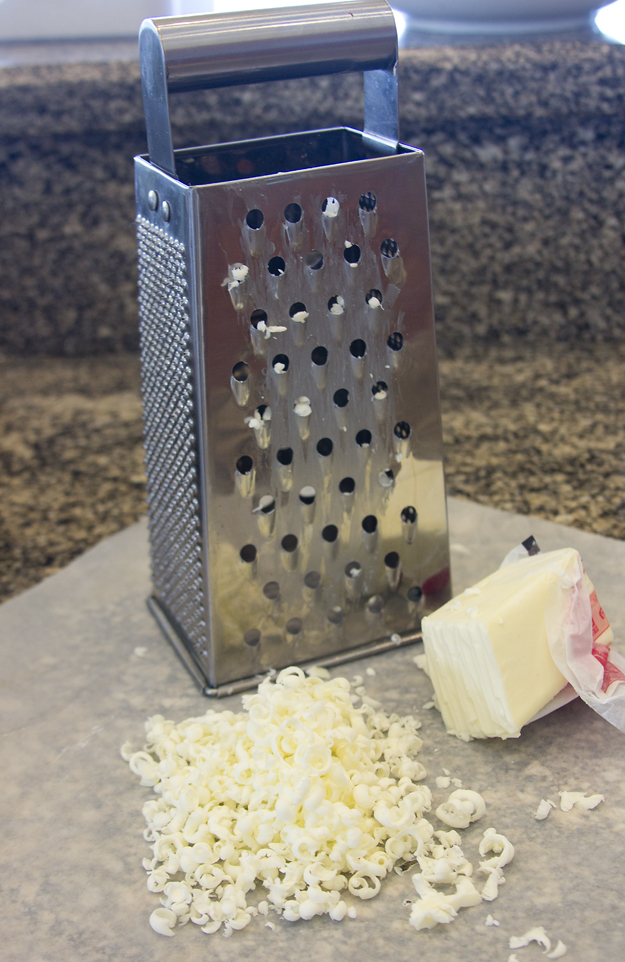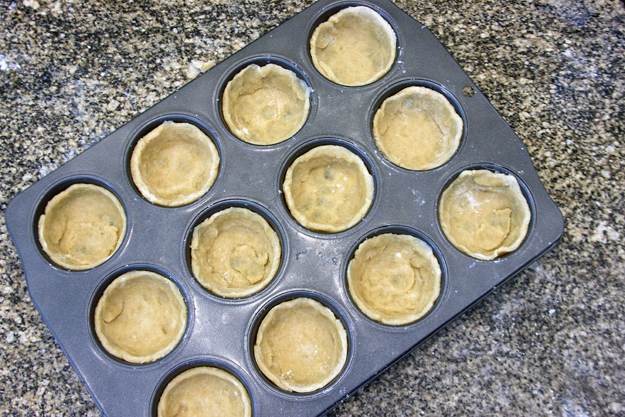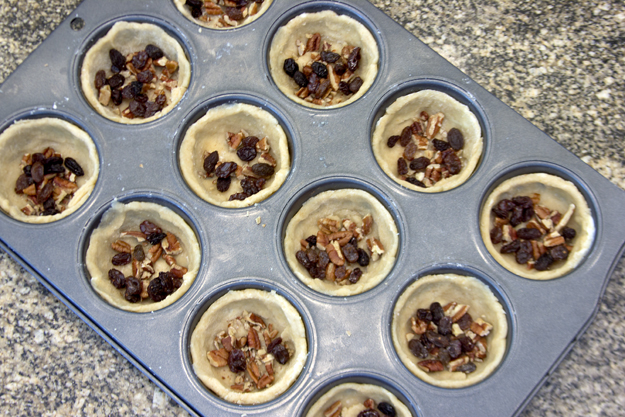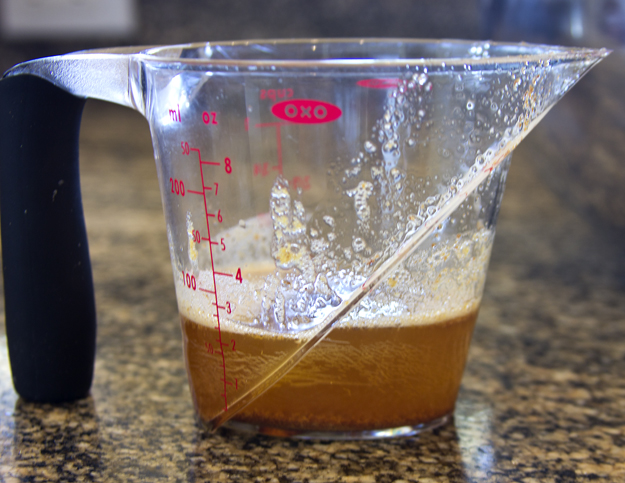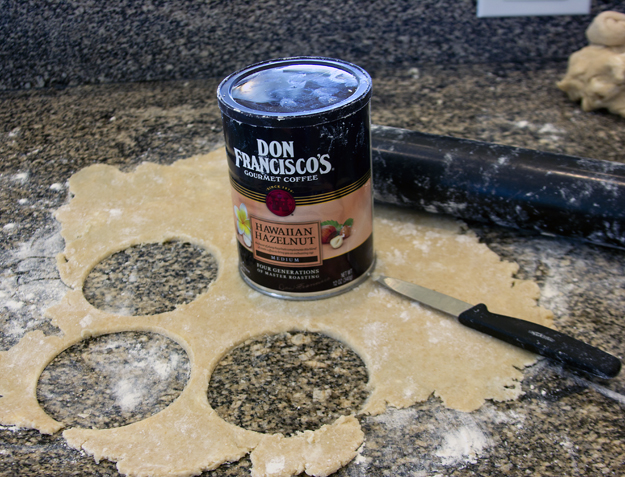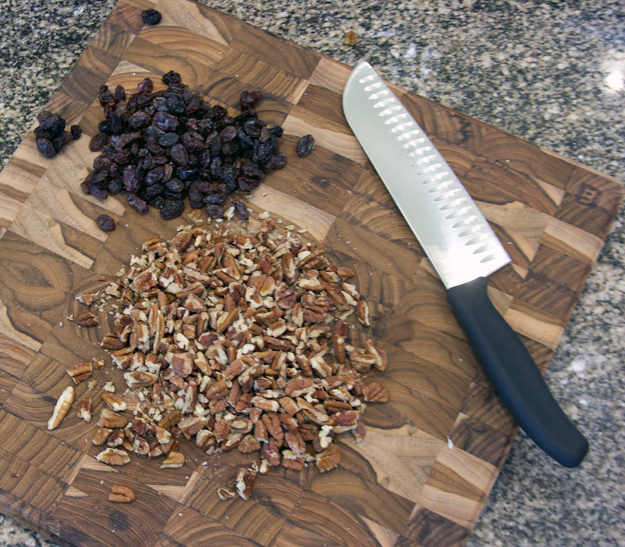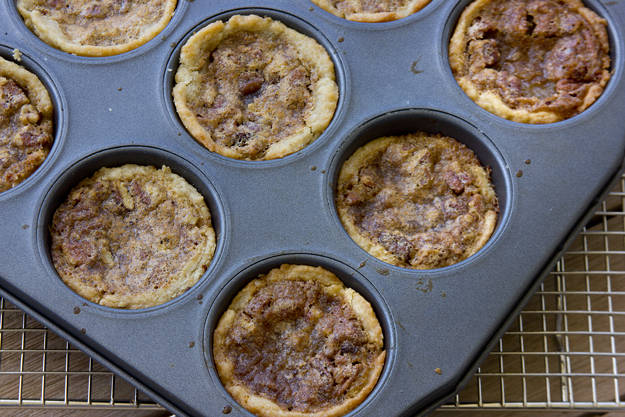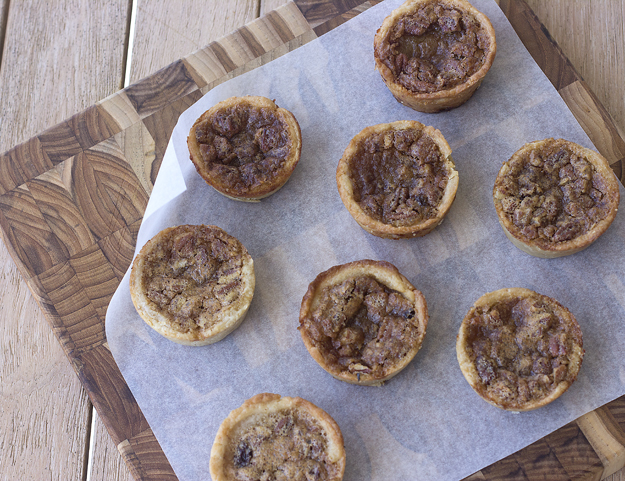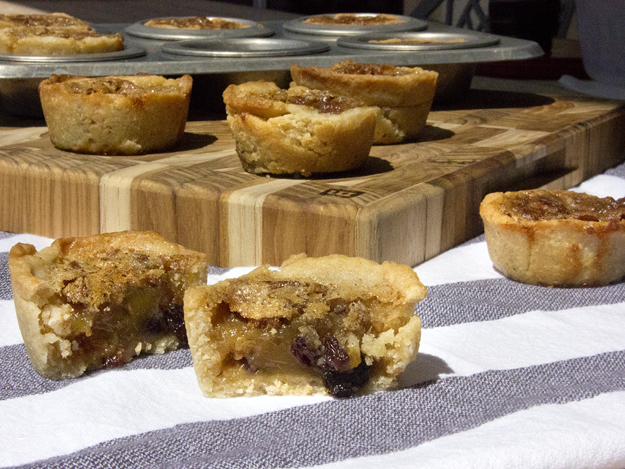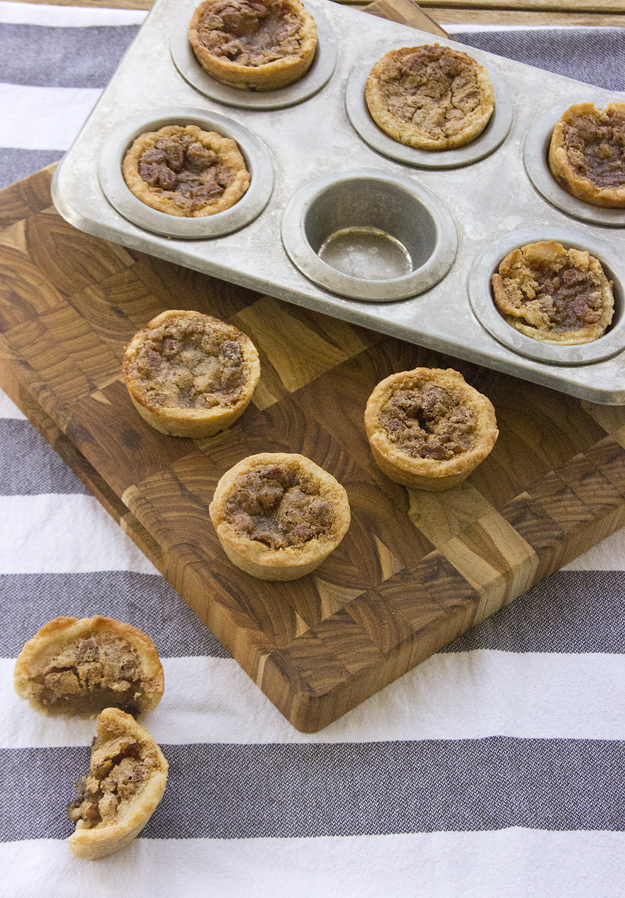
The first time I cried, I was halfway through the book “The Fault in Our Stars” by John Green. I noticed a slow tricking of tears sliding down my cheeks. Within an hour, there was full on gushing. No question about it, I was sobbing. I went through a full box of Kleenex. For those not familiar with this book, I don’t want to give too much away in case you plan to read it. Let me just say that it is raw, genuine, alternately sad and funny and honestly all-out poignantly heartbreaking.
The book falls under the category of “YA (young adult) Literature.” At their core, YA books are for and about teenagers and pre-teens, usually between 12 and 18 years old. Full disclosure here, I am not in that age category. I will, however, admit that I am a sucker for this genre of writing. I have read the Harry Potter series (All seven books. TWICE!), the Twilight series (Team Jacob all the way!), and the Hunger Games series. The thing about these books is that good writing is good writing. If the characters are believable and the plot is compelling, its appeal will span a wide age range.
The second incidence of tears occurred this week, as I was binge watching “The Big C”, late at night when sleep eluded me. It was during the third episode of season 4 when again I noticed the quiet dribble of tears making their way, ever so slowly, down my cheeks. The main character, Cathy (brilliantly played by Laura Linney) has terminal melanoma. To ease the burden for her husband and son, she selflessly checks herself into a hospice to die. Her 17 year old son feels totally helpless and wants to do something for his mom. He sneaks into the hospice at 5:00 am and while his mom is deep in a morphine-drip induced slumber, he covers the ceiling above her bed in a huge collage of family pictures. When she wakes up and sees what he has done, it is all I can do to hold it together.
If my children are reading this, you now know what to do with those thousands of pictures I tortured you by taking as you were growing up.
As I thought about my tears, specifically how they began as a leisurely crawl and progressed to a full on waterfall, I couldn’t help but make the maple syrup analogy. (Even in my deepest sorrow, food is not far from my thoughts. I must have a well developed right cerebral cortex!) When maple trees are tapped for their sap, the initial flow is just a mere dribble. As the weather warms up, the flow increases.
Our friend, Harold, who lives close to our cottage has a sugar bush. Every spring he gives us a 2 litre jug of maple syrup. Last summer I baked some raspberry tarts for him. He asked me if I had ever made maple tarts. He said they are just like butter tarts, but instead of corn syrup to sweeten them, you use maple syrup.
Butter tarts are the quintessential Canadian treat. Sadly, my experience with butter tarts does not come from a tattered recipe handed down from generation to generation. For me, butter tarts will always be associated with the summers I worked as a counsellor at an overnight camp. On our day off, my friends and I would hitch hike from camp into the nearby town of Haliburton Ontario. When I think about some of the rides we accepted, climbing into the back of pick up trucks with strange men, I shudder. But, in our defence, we were young and the part of our brain that deals in common sense was not yet fully formed.
When we arrived in town our first stop was the laundromat. Then, while our clothes were spinning, we shopped at Foodland, for a picnic lunch and treats to keep us fed until our next day off, as camp food was less than stellar. We would park ourselves on the beach by the lake and eat our feast. We always finished with a huge box of butter tarts. They were tooth achingly sweet but we craved that sugar rush. The main source of sugar came from high fructose corn syrup. We had no idea what an evil thing it was in those days.
So when Harold told me that you could substitute maple syrup for the corn syrup, I felt my insides do a little flip! Could it possibly be true? He brought me a recipe and I tucked it away, vowing to try them as soon as the sap began running again in the spring. It just seemed wrong to make maple tarts in the summer. Well, I am thrilled to report to you that, yes, maple tarts are real, and they’re spectacular!